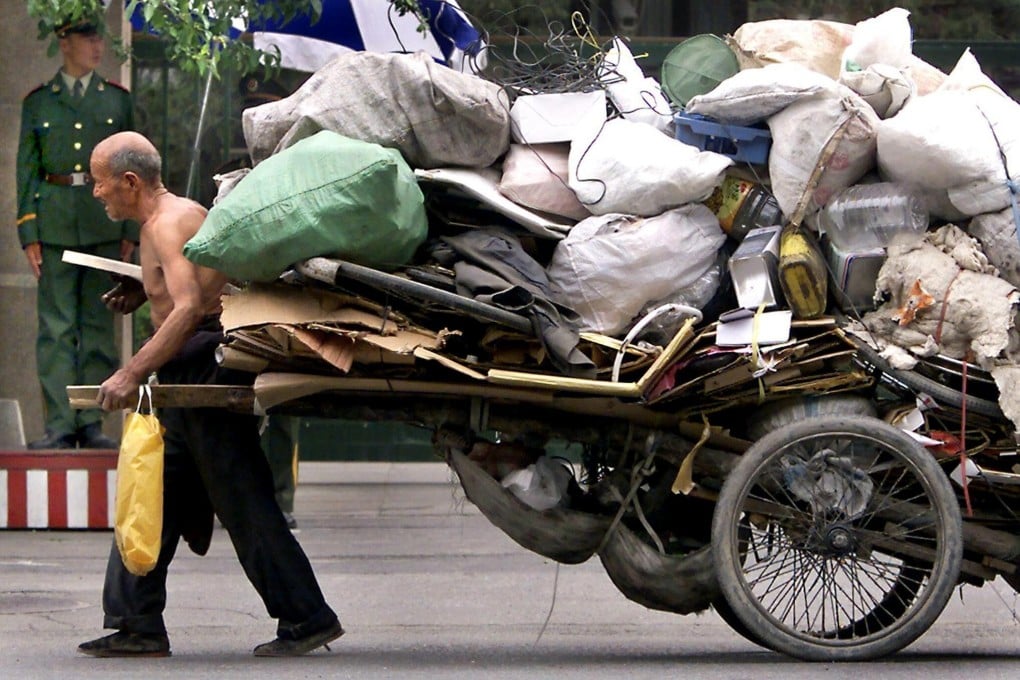Advertisement
China’s Xi Jinping talks of ‘common prosperity’ as the rich get richer, with little indication of how it will reduce inequality
- Beijing’s campaign to eliminate absolute poverty, which started in 2015 and was said to have been accomplished last year, also coincided with a rise in inequality
- Booming asset growth among China’s wealthy and urban middle class appears to have stalled efforts to help close the gap between urban and rural incomes, analyst says
Reading Time:4 minutes
Why you can trust SCMP
8

Beijing’s next major economic target after poverty alleviation could be reducing income inequality, based on officials’ speeches and government documents published over the past few weeks.
Advertisement
But how exactly officials plan to do that is the trillion-dollar question.
In a speech delivered at the Communist Party’s Central Party School this week, Chinese President Xi Jinping reiterated the importance of “common prosperity”, saying it is not only an economic issue but also a major political issue critical to the party’s rule. And he called on the government to proactively tackle problems such as income gaps to improve people’s sense of “gain, happiness and security”.
Xi’s rhetoric followed up on his comments in early November after the party had finished drafting a blueprint for the nation’s next five-year plan, with a goal of turning China into a “great modern socialist nation” by 2035. And this commitment to common prosperity for all Chinese citizens appeared in the party’s plenum document for the first time.
And the idea is nothing new in China. In the 1980s, former paramount leader Deng Xiaoping said common prosperity was the ultimate goal in the process of letting some people and regions become rich first, to speed up China’s growth.
“Xi’s speech does confirm that the party is moving toward a greater focus on economic inequality – the logical sequel to its previous campaign to alleviate absolute poverty. It’s less clear what tools they intend to deploy to reduce inequality,” said Andrew Batson, director of China research from economic consultancy Gavekal.

Advertisement